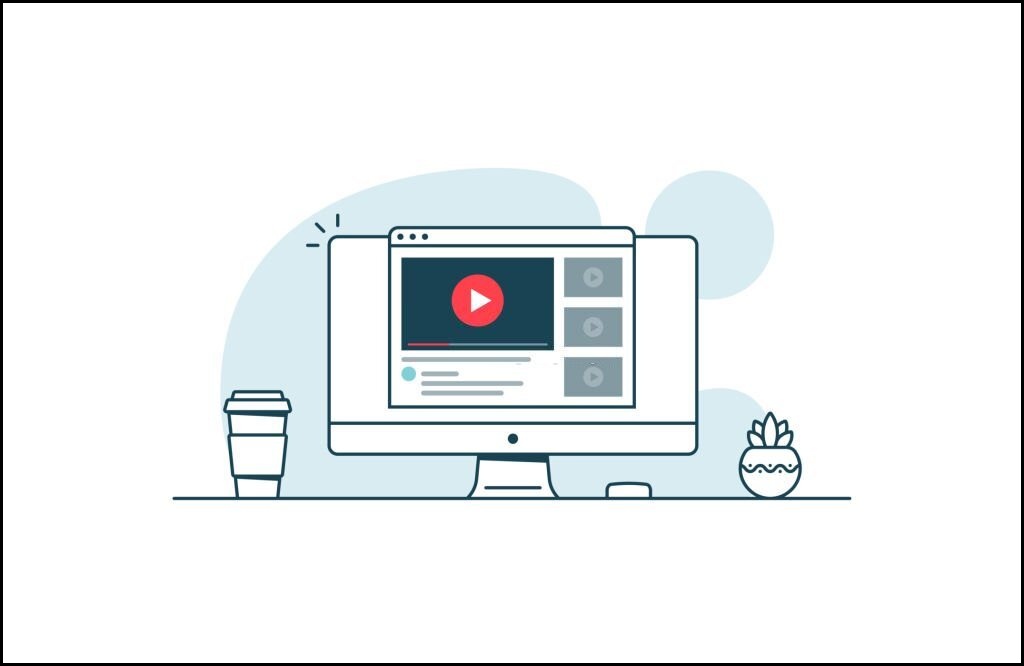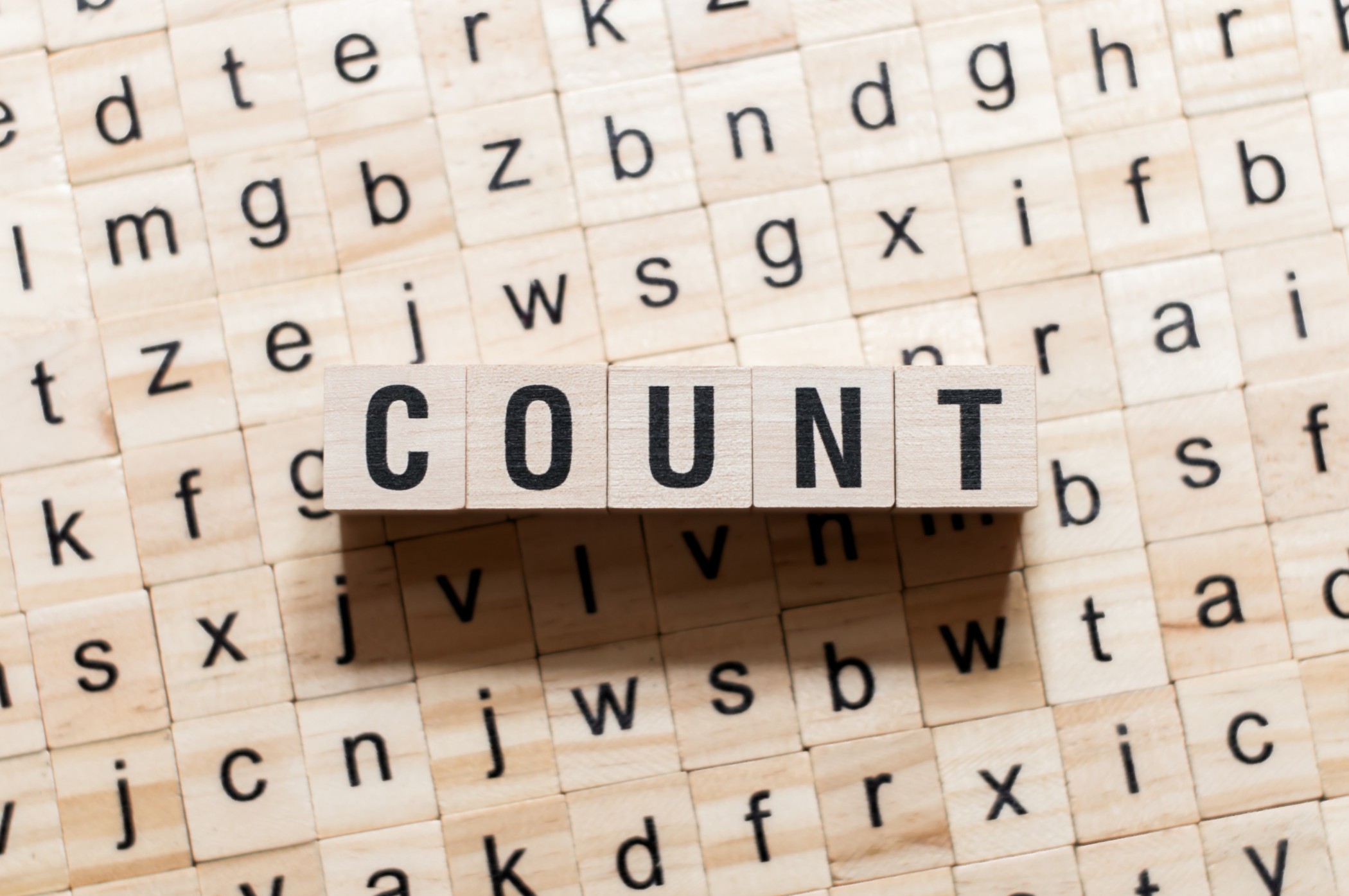
What is Plagiarism and How To Avoid It?
Definition, Forms, and Tips To Avoid Plagiarism
Plagiarism is the act of copying another person's words or ideas without giving the original author proper credit. Plagiarism can occur accidentally via carelessness or forgetfulness or when someone intentionally steals another person's work.
When writing an academic paper, you rely on the work of others and gather information and support from various reliable sources. You must accurately cite these sources in your writing to prevent plagiarism.
Forms Of Plagiarism
- Verbatim (Word For Word) Quote Without Acknowledgement: Quotes must always be indicated as such with either quote marks or indentation, along with accurate citation of the original sources. The reader must always be able to tell which portions are entirely your original work and which contain language or ideas borrowed from another source.
- Without Giving Clear Reference, Copying, And Pasting From The Internet: It is necessary to properly reference and list any information found on the Internet in the bibliography. Since online content is less likely to have passed the same thorough peer review as traditional sources, it is crucial to analyze anything you see there carefully.
- Paraphrasing: If you don't appropriately acknowledge the writer whose work you are copying, paraphrasing is considered plagiarism. This includes modifying a few words and their order as well as carefully adhering to the argument's structure. It may not be enough just to mention the original writer in passing; you must be careful to avoid giving the false illusion that the paraphrased language or the order of the arguments are entirely your own. Instead of paraphrasing specific quotes of the author's work, it is advisable to provide a brief summary of the author's overall argument in your own words and note that you are doing so. By doing so, you may be confident that you truly understand the point and avoid the challenge of paraphrasing without plagiarising. All information from lectures that you use must be appropriately cited.
- Collusion: This might entail students working together without permission, failing to acknowledge help received, or failing to adhere to group work assignments' rules strictly. It is your job to ensure you understand exactly how much collaboration is allowed and which portions of the work must be entirely original.
- Inaccurate Citation: It's essential to appropriately reference sources in accordance with the standards of your field. You must not only cite your sources (i.e., provide a bibliography), but also indicate in a footnote or in-text citation where a paragraph is taken from. Furthermore, you must not cite any sources or documents in your bibliography that you have not truly consulted. If you are unable to access a primary source, you must acknowledge this in your citation.
Why Is Plagiarism a Problem?
Academic integrity is violated by plagiarism. According to the ideal of intellectual honesty, all academicians should acknowledge their debt to the authors of the ideas, language, and information that serve as the foundation for their own work. Not only does plagiarism reflect poorly on you as a scholar, but it also demonstrates that you did not successfully finish the learning process. Plagiarism is immoral and might have negative effects on your profession in the future. It also lowers the standards of your school and the degrees it awards.
How To Avoid Plagiarism?
Plagiarism is the intentional or unintentional representation of another person's work as being your own.
For example, you might represent someone else's artistic or technical work or creativity as your own by duplicating or paraphrasing their published or unpublished work without giving due credit.
Here are a few tips to avoid plagiarism in your writing:
#1. Avoid Copying
Instead of just repeating what you've read, discuss other people's thoughts or discoveries and how they affect your argument in your writing (using references). When reading digital content, avoid using the cut and paste options because doing so could encourage you just to copy what you've read exactly.
#2. Use Multiple Sources
When writing your projects, don't only rely on one source. Discussing concepts from a variety of sources demonstrates your ability to read thoroughly and generate your own opinions based on what you have read. Keep in mind that relevant information can be found both in print and online.
#3. Create Your Own Unique Style
During your experience at university, you should develop your unique writing style. Be as brief and straightforward as you can. Using another writer's words will make your writing stand out from the rest and can draw the attention of your professors to possible plagiarism.
#4. Organize Your Notes Well
Remember to include direct citations in quotation marks while taking notes from your sources, and always keep a record of them. By doing this, you can prevent unintentional plagiarism. It also makes it much easier to find references for projects.
#5. Embrace Quotation Marks
If you have to quote a little portion from another writer's words exactly, be careful to include it in quotation marks to show that it is a direct quote. Direct quotations are to be utilized with caution and shouldn't include a large amount of information. They should be used if you are pointing out an important concept or indicating the source of a certain idea. Remember to reference any ideas you use in your work if you are utilizing someone else's.
How To Check Plagiarism In Your Writing?
You can easily check plagiarism in your writings by using free tools online. Some of the best free tools available online to check plagiarism are:
There are also some premium plagiarism checkers such as:

Editorial Staff
About the Editorial Staff
Editorial Staff at Spot Web Tools is a team of specialized content writers that strives to share quality and unique content. Our Writer's main objective is to cover the different aspects of technology and to help you use the internet more effectively.




